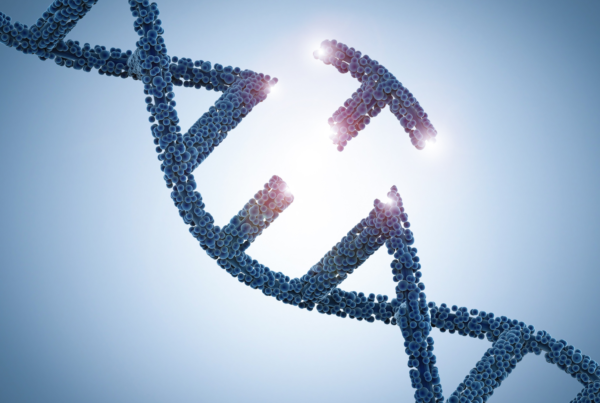Genetic toxicology redefined by NGS
The field of toxicogenomics is undergoing a profound transformation, and at the heart of this revolution is Next Generation Sequencing (NGS). This cutting-edge technology is reshaping our understanding of how toxins affect biological systems and is opening new avenues for assessing and mitigating toxicological risks. In this blog post, we will explore how NGS is revolutionizing the field of toxicology and changing the way we approach toxicity assessment and management.
Get in touch!
Next-Generation Sequencing is ushering in a new era in toxicology, where precision, speed, and depth of analysis are paramount. The insights gained from NGS are enabling us to make more informed decisions about the safety of chemicals, pharmaceuticals, and environmental pollutants. As NGS technology continues to advance, toxicologists will have an increasingly powerful tool at their disposal, one that promises safer environments, more effective drugs, and better protection for human and ecosystem health. Are you seeking cutting-edge support for your toxicology studies? Get in touch with our experts via geneticQC@genomescan.nl or the form below.





